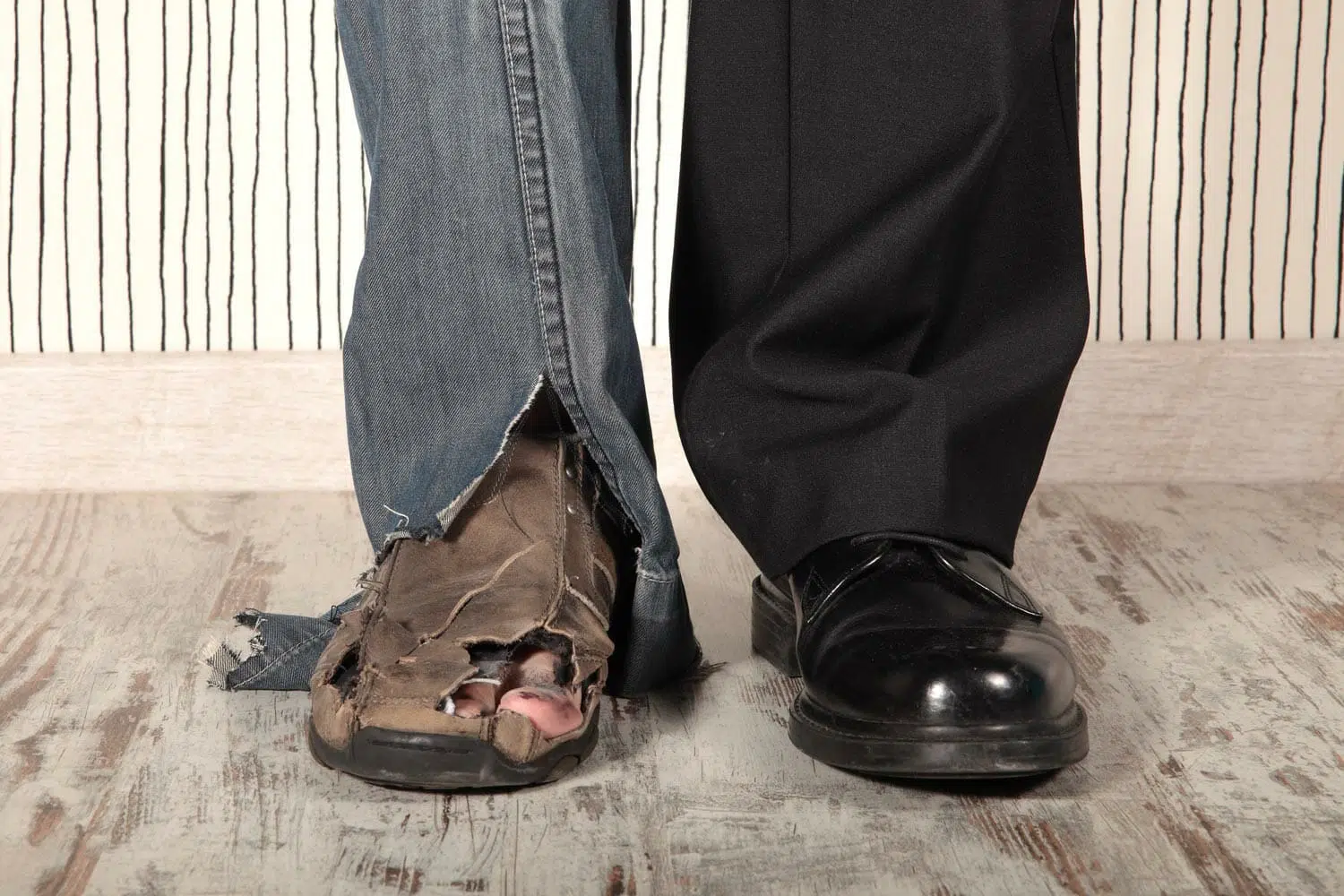The Virginia judge who decreed you and your ex-wife were divorced did so with documents and stipulations. The basics, of course: child visitation and custody, child support (if you had children), but also other issues, like spousal support. A decree is a legal order. Changing it requires the expertise and support of a family law attorney. Modifications to spousal support are possible, but only if handled correctly.
Withholding Spousal Support
The law is an invention purposely designed to remove emotion from everyday transactions. That is part of the reason so many people are upset by various rulings, where they see law, but not justice, served. In Virginia, divorce is at its root an emotional minefield, so when you are angry with your ex-wife, you may be tempted to withhold spousal support for several reasons:
- To punish her for perceived transgressions
- To get her attention
- To decide on your own what amount of money is “right” to give her
- To express your anger and frustration with her
Not a single one of those reasons is legally valid. You cannot use the divorce decree as a bludgeon against your ex-wife, and neither can you withhold spousal support on a whim. She had to reschedule visitation with your children? Do not rip up the support check. She hung up on you during your last telephone call? Still pay her every month.
Modifying Spousal Support and Protecting Yourself
Contacting your divorce attorney anytime your feathers are ruffled over spousal support is the right path to take. You may need to pay for your attorney’s time to bend an ear, but you will avoid an expensive misstep by trying to “modify” spousal support on your own.
Code of Virginia, under § 20-109, provides the right method for modifying spousal support. You cannot do it for arbitrary or vindictive reasons, but you can seek modification for two reasons:
- A material change in the circumstances of the parties (you, or your ex-wife, or both of you) that the court could not have foreseen
- An anticipated event that guided the court to set the amounts of spousal support but which did not, in fact, occur
Party of the First Part
Suppose you and your ex-wife, and your respective attorneys, agreed that you should pay a defined amount for a definite time so your wife could receive vocational training. Six months after you two are divorced and five months into her classes in welding, she unexpectedly wins $10 million in Virginia’s Scratcher Game (hey, it happens!). She takes home over $6 million in straight-up cash and realizes she has no need of a vocation of any kind, since eating bonbons and getting back rubs from Brazilian weightlifters requires surprisingly little study. You and your attorney go to the court and, essentially, show the judge the plate of half-eaten bonbons and pictures of Gaio and Luiz. Away goes your spousal support payment.
Party of the Second Part
Suppose, though, that you and your ex-wife divorced with the understanding that your steady income as a professional logger would allow you to provide her a defined amount for an undefined (indeterminate) duration.
At the time of your divorce, you were working as a lettuce leaf shucker at the Sandbridge Seaside Market in Virginia Beach making $9.57 an hour, but you had a great lead on a logging job (the most dangerous job in America, by the way) that paid $57.50 an hour.
You were a shoo-in, you owned your own chainsaw and everything, so the court set your spousal support based on an income of $57.50 an hour (or $119,600 a year). Sadly, the logging company found out you did not possess a peavey and withdrew the job offer. So you and your attorney have to return to court to point out that $19,905.60 a year is slightly less than the anticipated $119,600 (look at them again; you’ll notice). You need your spousal support payment scaled back.
Professional Advice on Spousal Support Modifications
These are, of course, simplified arguments for the sake of illustrating the right ways to modify spousal support. Another reason to consider modifying spousal support, under § 20-107.1, would be the late-breaking news that your wife provided fault grounds after you two went through a no-fault divorce. Fault grounds means blame could be assigned to one party, so if she readily agreed to an uncontested divorce that did not assign blame to her for the break-up, it may have been because she was hiding something:
- Adultery, sodomy or buggery outside of marriage
- Felony conviction
- Sentenced to jail (“confinement” is the law’s polite word) for a year
If you find out after your divorce that she was, in fact, up to no good, you can ask the court to modify the spousal support award because she deceived you; you had fault grounds but did not know it at the time.
Call The Firm For Men’s Spousal Support Lawyers
When you telephone The Firm For Men at 757-383-9184, or contact us online, you will connect with a real Virginia spousal support attorney, one who can help you retain your rights as a Virginia man. Get professional, accurate advice on reducing spousal support or modifying your Virginia divorce decree. We proudly represent men in Norfolk, Virginia Beach, Chesapeake, Suffolk, Portsmouth, Hampton, and Newport News – call today to schedule a consultation in our Virginia Beach office.


